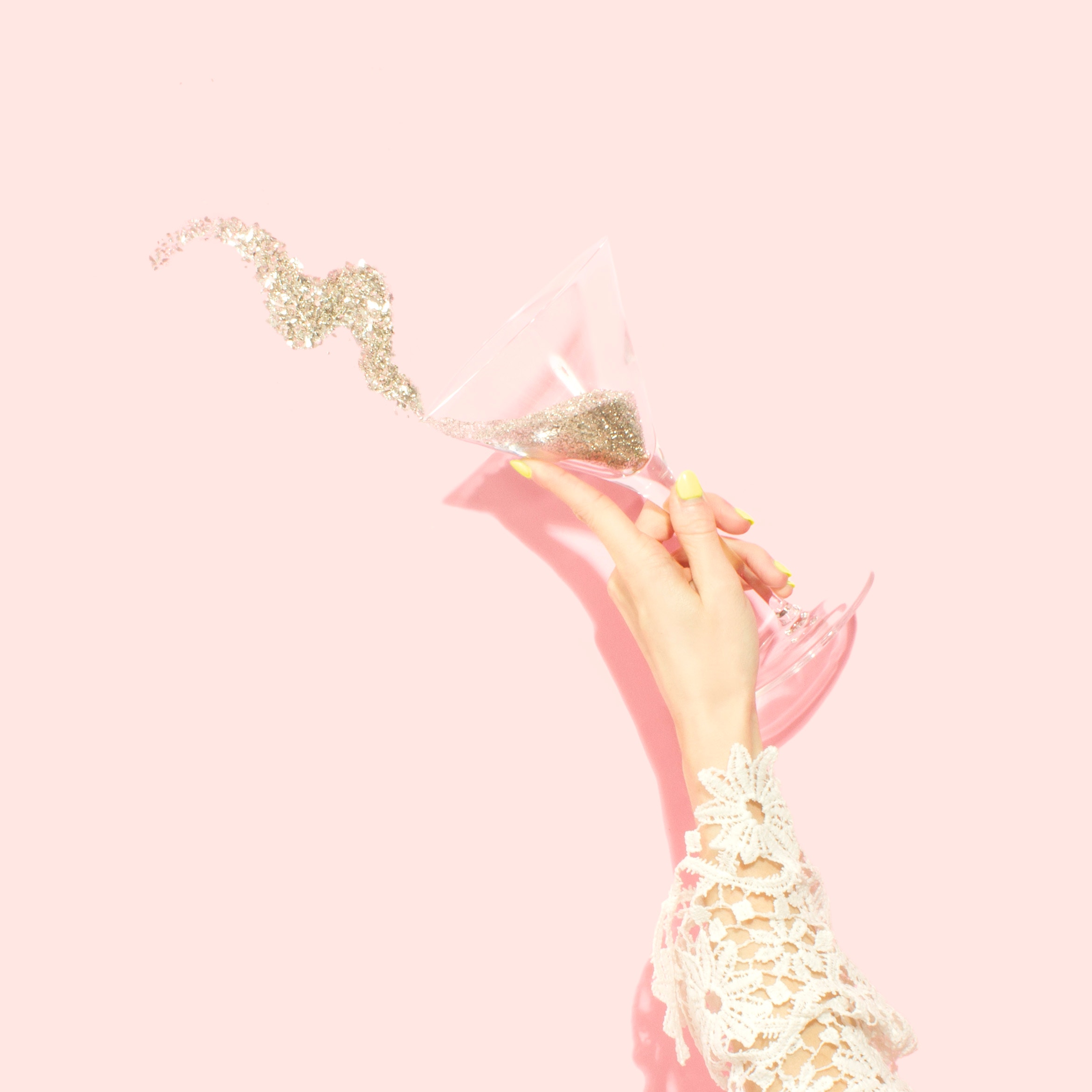You read the title: Giving up alcohol for Dry January isn’t an accomplishment. I know, because I did it. Two years ago, I decided I couldn’t keep living the, work hard / play hard, mimosas made me do it, 5 o’clock somewhere, party-girl lifestyle I’d kept up for most of my 20s. It was becoming exhausting, mundane, boring, and I could sense that the lifestyle was the single most concrete habit interfering with having the career, relationships, and fulfillment in life that I deserved.
I imagine, if you’ve ever participated in – or are considering participating in – Dry January that your lifestyle is not much different than mine was. You don’t just decide to take a break from drinking unless you think you might be overdoing it.
So, assuming you are like me, you probably hope you’ll accomplish something truly magical in 30 days of sobriety. Advanced apologies on bursting your bubble: if you think you’re going to magically reset your relationship with alcohol in a short 30 days; you’re sorely mistaken.
A 30 day break from drinking won’t deliver on any of the promises you’re hoping for: weight loss, more energy, better sleep, glowing skin, a newfound ability to moderate your drinking. None of that will happen in thirty-days. More realistically, your ability to give up drinking for this time is an easy way to reinforce that you don’t “have a problem” … thus allowing you to go back to your old ways.
So, now that I’ve given you some tough love, let me share with you a little more specifically why Dry January (on its own) is fairly useless…and, what you can do if you’re REALLY serious about changing your relationship with alcohol.
Short-term restriction diets reinforce deprivation…and no one likes to feel like they’re depriving themselves. Many people approach a detox with a deprivation mindset…I can do without this for 30 days versus I want to do this so my body will feel better. Or, I can’t have alcohol for 30 days versus I’m choosing not to drink for 30 days. Those who approach eliminating something from their lifestyle as a punishment are more likely to fail or – as with Dry January – rush right back into your old ways in full-force as some type of reward. This does not serve us or do much good.
A break from alcohol doesn’t allow your body to detox. Disclaimer, I’m not a doctor, but I can tell you this: 30-days isn’t enough time for alcohol to exit your system. Unless you’ve been drinking at a super-moderate level (which, if you’re even considering Dry January; I’m going to assume you’ve been a little heavy-handed), alcohol is not making its way out of your vital organs anytime soon. Yep, booze is just hanging out in your gut (which, science tells us, significantly impacts your body and mind in crazy ways). If you’re giving up alcohol to see how your body will feel after it’s “detoxed” you’d have to give it up for much longer than 30 days.
The mental benefits of giving up alcohol are barely present in 30 days. As my wise mentor Brené Brown says, “Numb the dark, and you numb the light.” This means, while you’ve subconsciously been numbing uncomfortable, painful, anxious emotions with alcohol; you’ve also been impacting your ability to feel happiness at it’s truest level. And, honestly, you’ve been making the lows worse (emotional hangover, anyone?).
Let me tell you what you can look forward to once alcohol is truly out of your system: you will feel more energetic, you’ll feel lighter, less anxious, more resilient. The highs will be higher. Yes, the lows will still be there, but – with time – they will be easier to cope with. But none of this is going to take place in a mere 30 days. Honestly, you’re most likely to experience a lot of discomfort during these 30 days. You’ll feel the uneasy feeling of dealing with stress and awkward social situations without alcohol. It will be real. Society will reinforce that you need a drink to cope. You do not.
No relationship changes from just “taking some time apart” – you have to do the work. And, let’s be honest; you’re probably not going to accomplish much of that work in a 30-day period. Breaking up with alcohol can be uncomfortable, you’ll likely have to re-evaluate a lot of habits that have become commonplace in your life. You’ll begin to realize just how much alcohol was dictating your life…and interfering with it, too. I think you’ll be surprised; I sure was.
///
Ultimately, if you’re looking to accomplish anything beyond reassurance that you can give up alcohol for 30 days, Dry January isn’t going to do it. If you want to experience real change, you have to make a real commitment.
We know that it takes 90 days to make a new habit stick. If you’re serious about changing your relationship with alcohol, I highly recommend you commit to a 90-day break in order to truly begin to experience the benefits of being alcohol-free and give yourself time to reflect on how you want your relationship with alcohol to look moving forward. Ninety days will give you a much better perspective around what you’d like to do moving forward.
Here’s the good news: Dry January is actually a wonderful springboard to get you to real commitment. Here’s why:
- Breaking a goal into 30-day increments makes it a little more tangible.
- Giving up alcohol for Dry January makes it easier to declare and announce a lifestyle change to others (even if they think it’s only for 30 days).
- The momentum of the New Year can help you psychologically feel like you’re getting a “Fresh Start.”
- You’ll likely have others making a similar commitment; it never hurts to have others committing to a goal with you (just don’t be surprised…or phased…if a few of them drop off of the challenge; hold strong).
If you’re considering taking a run at Dry January and would like to arm yourself with the tools to make giving up booze a success, you can get my five secrets for going alcohol-free in the New Year in my free Masterclass. It’s a quick, 30-minute listen; you can get instant-access here.


